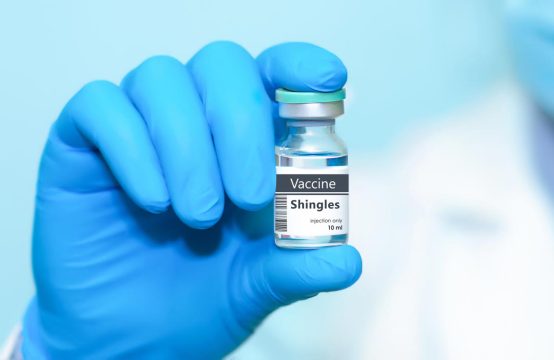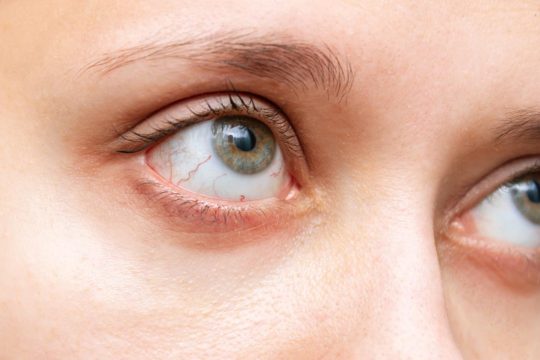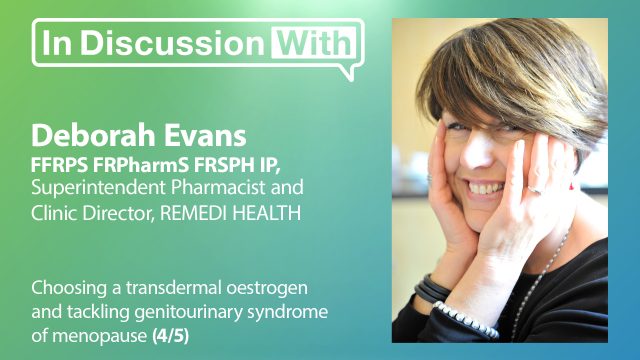Advertisment
ADHD takes toll well into adulthood

The first large, population-based study to follow children with attention-deficit hyperactivity disorder (ADHD) into adulthood shows that ADHD often doesn’t “go away,” and that children with ADHD are more likely to have other psychiatric disorders as adults. Although numbers were small, they also appear more likely to commit suicide and are often incarcerated as adults.
“Only 37.5 percent of the children we contacted as adults were free of these really worrisome outcomes,” says William Barbaresi, MD, of Boston Children’s Hospital, lead investigator on the study, published in Pediatrics. “That’s a sobering statistic that speaks to the need to greatly improve the long-term treatment of children with ADHD and provide a mechanism for treating them as adults.”
“This was a unique population based study of a large group of individuals with ADHD followed from childhood to adulthood,” added Slavica Katusic, MD, lead Mayo Clinic investigator of the study.
ADHD is the most common neuro-developmental disorder of childhood, affecting about 7 percent of all children and three times as many boys as girls. Most prior follow-up studies of ADHD have been small and focused on the severe end of the spectrum—like boys referred to pediatric psychiatric treatment facilities—rather than a cross-section of the ADHD population.
The long-running study, begun when Barbaresi was at the Mayo Clinic and continued in collaboration with Mayo researchers, led by Katusic, followed all children in Rochester, Minn. who were born from 1976 through 1982, were still in Rochester at age 5 and whose families allowed access to their medical records. That amounted to 5,718 children, including 367 who were diagnosed with ADHD; of this group; 232 participated in the follow-up study. About three-quarters had received ADHD treatment as children.
At follow-up, the researchers found:
- 29 percent of the children with ADHD still had ADHD as adults (ascertained through structured neuropsychiatric interviews).
- 57 percent of children with ADHD had at least one other psychiatric disorder as adults, as compared with 35 percent of controls. The most common were substance abuse/dependence, antisocial personality disorder, hypomanic episodes, generalized anxiety and major depression.
- Of the children who still had ADHD as adults, 81 percent had at least one other psychiatric disorder, as compared with 47 percent of those who no longer had ADHD and 35 percent of controls.
- 7 of the 367 children with ADHD (1.9 percent) had died at the time of study recruitment, 3 of them from suicide. Of the 4,946 children without ADHD whose outcomes could be ascertained, only 37 children had died, 5 by suicide.
- 10 children with ADHD (2.7 percent) were incarcerated at the time of recruitment for the study.
“We suffer from the misconception that ADHD is just an annoying childhood disorder that’s overtreated,” says Barbaresi. “This couldn’t be further from the truth. We need to have a chronic disease approach to ADHD as we do for diabetes. The system of care has to be designed for the long haul.”
Barbaresi thinks the study findings may actually underestimate the bad outcomes of childhood ADHD. The study population in Rochester, Minn., was relatively heterogeneous and largely middle class, and the children tended to have good education and good access to health care. “One can argue that this is potentially a best-case scenario,” Barbaresi says. “Outcomes could be worse in socioeconomically challenged populations.”
He advises parents of children with ADHD to ensure that their children are in high-quality treatment—and remain in treatment as they enter adolescence. Children should also be assessed for learning disabilities and monitored for conditions associated with ADHD, including substance use, depression and anxiety.
“Data indicate that the stimulant medications used to treat ADHD in children are also effective in adults, although adults tend not to be treated and may not be aware they have ADHD,” Barbaresi says.
The study was supported by Public Health Service research grants #s MH076111, HD29745 and AG034676. Pilot work for a portion of the project was funded by an investigator-initiated grant from McNeil Consumer and Specialty Pharmaceuticals.





